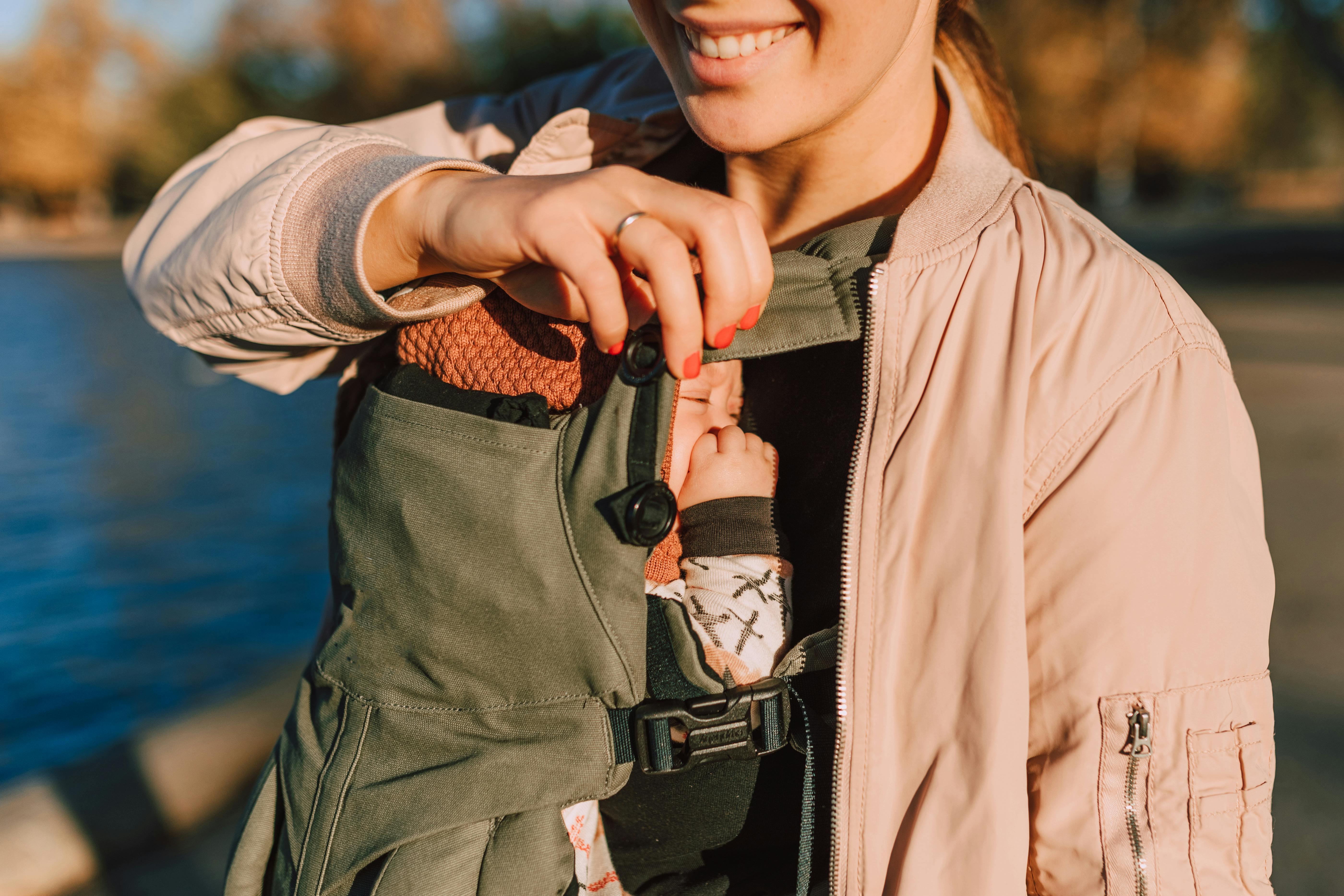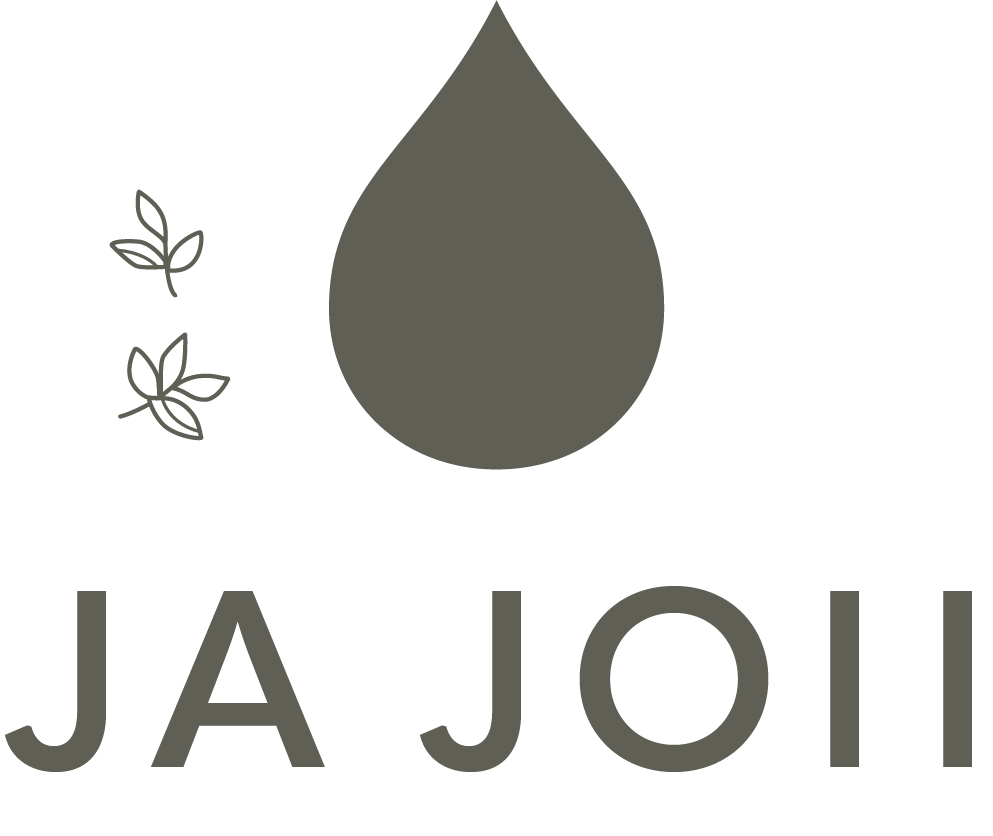Choosing the right baby carrier can feel like picking a stroller in a sea of options—structured carrier, wrap, or sling? Which one is actually best for you and your baby?
If you're a new parent trying to navigate babywearing, you’re not alone. Each option has its pros and cons, depending on your lifestyle, baby's age, and how much patience you have for straps, fabric wrapping, or quick, easy solutions.
In this guide, we’ll break down the key differences between structured carriers, wraps, and slings to help you decide which one best fits your daily routine, comfort level, and baby’s needs.
What’s the Difference Between a Structured Carrier, Wrap, and Sling?
The three main types of baby carriers all serve the same purpose—keeping your baby close while keeping your hands free—but each does it in a different way.
Structured Baby Carrier
- Designed with buckles, straps, and padding for extra support
- Best for longer wear, active parents, and toddlers
- Provides even weight distribution across your shoulders and hips
- Typically more structured and adjustable
Baby Wrap
- A long piece of soft, stretchy fabric you tie around your body
- Best for newborns and younger babies
- Mimics the womb-like comfort newborns love
- Requires a learning curve to wrap correctly
Ring Sling
- A one-shoulder baby carrier made from a long piece of fabric with rings for adjustments
- Best for quick on-the-go babywearing
- Great for breastfeeding while wearing your baby
- Less structured, ideal for shorter carrying sessions
Which Baby Carrier is Best for Your Baby?
The best choice depends on your lifestyle, baby’s age, and how often you’ll be babywearing.
Best for Newborns (0-6 Months): Baby Wrap
- Provides a snug, womb-like feel for comfort and security
- Supports healthy hip positioning (baby ergo-friendly)
- Best for bonding in the early months
💡 Why Choose a Wrap? If you love the idea of baby snuggles, skin-to-skin contact, and a cozy fit, a baby wrap is perfect for newborns.
Best for All-Day Use & Long Walks: Structured Carrier
- Provides more support for your back and shoulders
- Adjustable straps allow multiple carrying positions
- Works well for older babies and toddlers (6 months - 5 years)
💡 Why Choose a Structured Carrier? If you plan to wear your baby for extended periods, travel frequently, or need a hands-free, supportive option, a structured carrier is best.
Best for Quick Trips & Breastfeeding: Sling
- Easy to put on and take off in seconds
- Ideal for short errands and quick carry sessions
- Great for breastfeeding on the go
💡 Why Choose a Sling? If you want a simple, stylish, and compact carrier for quick carries, a ring sling is a great choice.
Structured Carrier vs. Wrap vs. Sling: Pros & Cons
| Feature | Structured Carrier | Wrap | Sling |
|---|---|---|---|
| Best for | Long-term wear, toddlers, outdoor activities | Newborn snuggles, hands-free comfort | Quick errands, easy breastfeeding |
| Support Level | Maximum support, even weight distribution | Soft & flexible, snug fit | Moderate, one-shoulder carry |
| Ease of Use | Quick buckles, easy adjustments | Learning curve to wrap correctly | Fast to put on but may need adjusting |
| Baby’s Age Range | 6 months - 5 years | 0 - 6 months | 0 - 2 years |
| Portability | Bulkier but provides strong support | Compact, folds into diaper bag | Small and lightweight |
Which One is Right for You?
Choose a Structured Carrier If You:
- Need long-term comfort and back support
- Want a hands-free, adjustable, and durable carrier
- Are carrying a heavier baby or toddler
Choose a Wrap If You:
- Love soft, stretchy fabric and a snug fit
- Want to bond closely with your newborn
- Are okay with learning how to wrap it properly
Choose a Sling If You:
- Need a quick, easy-to-wear baby carrier
- Want something lightweight and compact
- Plan to breastfeed while babywearing
Final Thoughts: The Best Baby Carrier Depends on Your Needs
Babywearing should be comfortable, convenient, and stress-free. Whether you choose a structured carrier, wrap, or sling, the most important thing is that you and your baby feel safe and supported.
💡 Looking for a carrier that combines the best features of all three?


